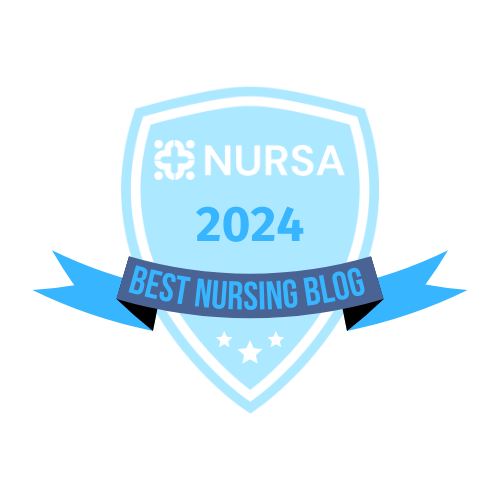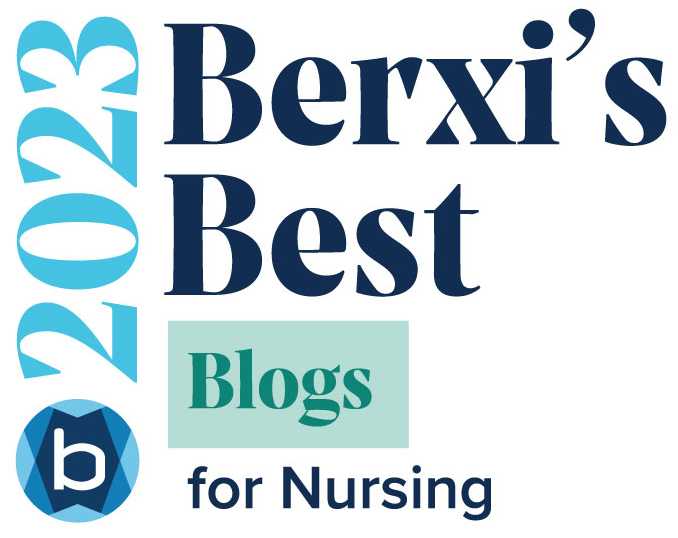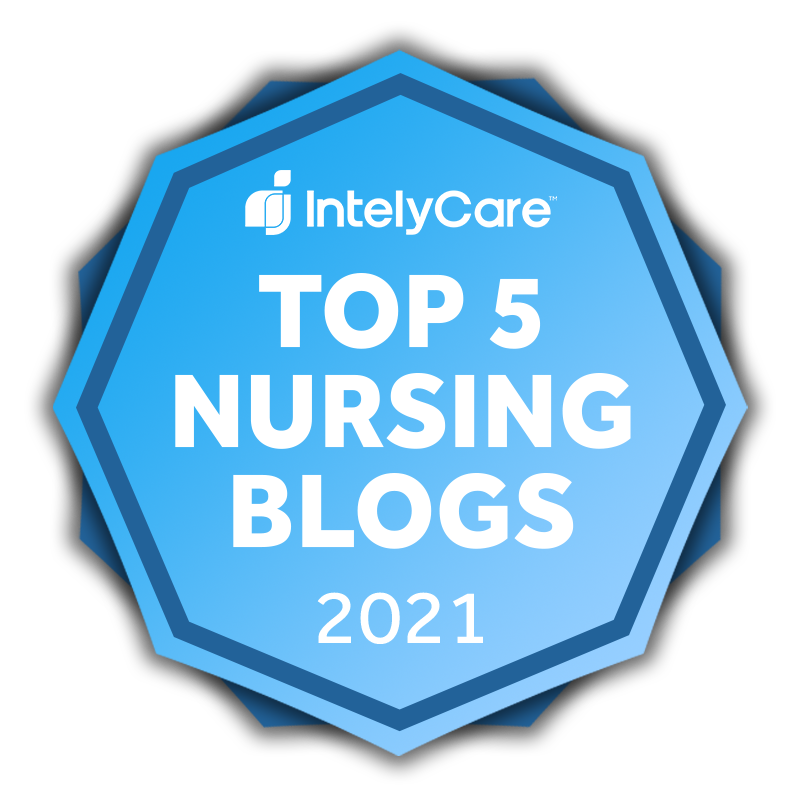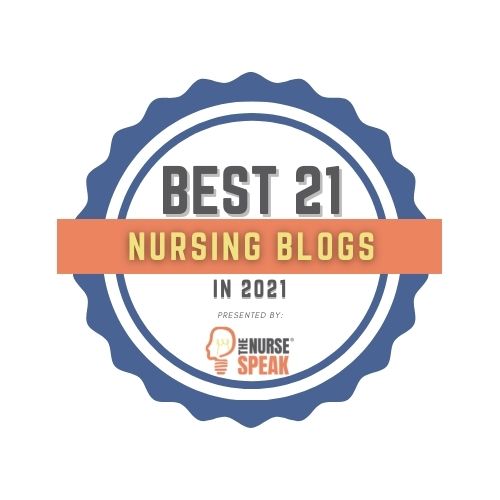
As nurses, we often find ourselves stretched thin—between demanding shifts, heavy patient loads, and the constant influx of new information, it’s easy to get caught up in the moment. But one thing remains clear: mastering the core clinical skills of assessment, analysis, and follow-up is absolutely critical to making your job not only easier but also more meaningful. Here are the top five reasons why investing in these skills will elevate your practice and ultimately reduce your stress.
1. Prevents Small Issues from Escalating
When you excel at assessment, you become the first line of defense in identifying subtle changes in a patient’s condition. A keen eye for detail during your assessments allows you to catch small issues before they escalate into emergencies. This proactive approach prevents crises, reduces patient complications, and minimizes your need to manage high-stress, urgent situations.
The more thorough and skilled you are with your assessments, the more you can ward off bigger problems—making your job less reactive and more manageable.
2. Improves Patient Outcomes
The combination of sharp assessment and insightful analysis allows nurses to create more effective care plans and interventions. When you follow up with thoughtful, data-driven analysis, you’re not only addressing current symptoms but anticipating future ones.
This proactive care results in better patient outcomes, fewer hospital readmissions, and shorter lengths of stay—all of which contribute to a more positive care experience. And when patients are healthier, the ripple effect on your workload and job satisfaction is undeniable.
3. Boosts Confidence and Credibility
Let’s be real: as nurses, our clinical judgement is what sets us apart. When you consistently nail your assessments, back them up with strong analysis, and follow through with targeted interventions, you build confidence in your own skills. Not only does this boost your own self-assurance, but it also strengthens the trust others have in you—whether it’s your colleagues, medical providers, or patients.
Mastering these skills makes you the go-to nurse that people rely on for sound judgment and excellent patient care. That kind of credibility doesn’t just make your job easier—it elevates your entire nursing career.
4. Reduces Documentation Stress
We all know the pain of charting—those endless notes that never seem to end. But here’s the thing: when you master assessment and analysis, your documentation becomes easier and faster. Thorough, accurate assessments naturally lead to more streamlined and precise charting.
You’ll spend less time second-guessing what to write because you’re confident in the data you’ve collected and the conclusions you’ve drawn. Plus, documentation becomes a powerful tool for defending your clinical decisions, reducing your legal risk, and making audits or reviews a lot less stressful.
5. Fosters Deeper Connections with Patients
At the heart of nursing is the relationship we build with our patients. When you take the time to assess thoroughly, analyze thoughtfully, and follow up consistently, you’re showing your patients that you truly care. They feel seen, heard, and valued—and that trust creates a deeper bond.
This human connection is one of the most meaningful parts of our job, and by honing your assessment and follow-up skills, you’re able to foster those relationships in a way that is both fulfilling and professionally rewarding.
Final Thoughts Mastering assessment, analysis, and follow-up isn’t just about becoming a better nurse—it’s about making your day-to-day practice easier, more efficient, and much more rewarding. By sharpening these essential skills, you’ll improve patient outcomes, boost your own confidence, streamline your workload, and build stronger relationships with those you care for. And in the end, that’s what nursing is all about: making a real, lasting impact. If you’re struggling with your role and responsibilities as a Nurse and need expert guidance, mentorship and/or coaching – I got you! Feel free to checkout how my career coaching can help you level up and shift into the role that you want and deserve!
Best Wishes,
Damion Jenkins, MSN, RN | CEO

